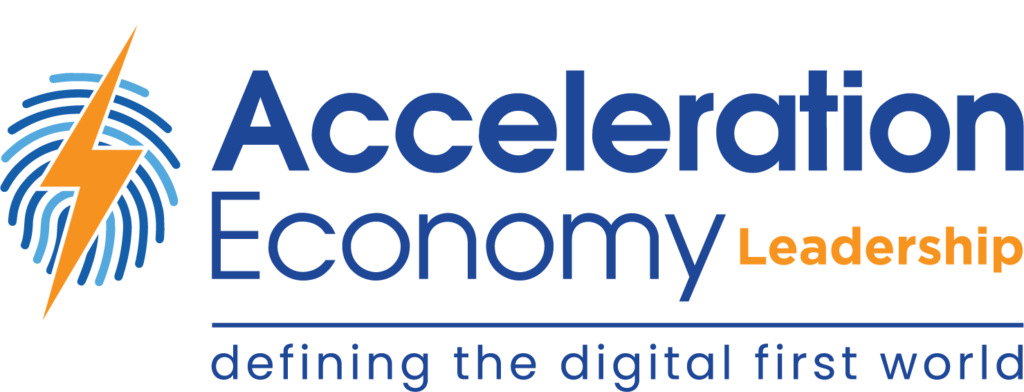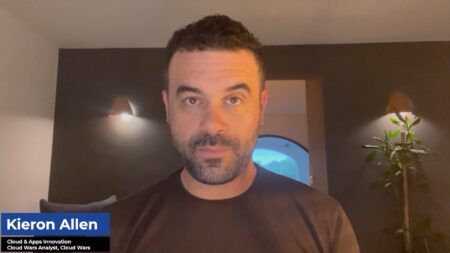Recently, Manny Korakis and I wrote articles about the relationship between chief finance officers (CFOs) and chief procurement officers (CPOs). Manny offered advice for procurement leaders from the CFO’s perspective, and I wrote about how procurement leaders can build stronger relationships with CFOs. We wrote separately, exchanged our work to learn each other’s perspective, then had a conversation about what we learned.
Here are four things Manny taught me about working with CFOs that can help me become a stronger CPO.
Know That You Don’t Know Everything
As a CPO, I depend upon the CFO’s approval to get what I need. “Getting to yes” can be a challenge, and I constantly try to learn how to better engage my stakeholders — with the CFO as my prime target. For example, I might tie my proposal to a business strategy or a key initiative supported by the CFO. Often that works — but sometimes not.
To understand the shifting sands of how mid-market and enterprise CXOs are making purchase decisions to modernize technology, consider Acceleration Economy’s “Selling to the New Executive Buying Committee,” a Course designed to assist vendors, partners, and buyers in this process.
Manny says that when the CFO declines to support an initiative, often it’s because they have information the CPO doesn’t have. They might be aware of investments, pressures, projected shortfalls, confidential information from the CEO’s office, or insights from board interactions that the CPO won’t know. Therefore, I need to make the strongest case I can but understand that sometimes there are factors I don’t know about that influence the CFO’s decision.
Respect the CFO’s Demanding Role
Manny is enthusiastic about getting to know key suppliers, particularly their account managers and executive teams. However, the CFO’s role is broad, Manny says, so it’s not always practical to take the CFO on supplier visits. While I firmly believe that being onsite is the best way to build supplier relationships, because of the demanding nature of the CFO’s role, there might be better ways for the CFO to engage. For example, I might organize brief one-on-one introductions when the supplier team is in town.
Back Up Your Requests With Analytics
Manny also recommends presenting data in a format that pulls the numbers, analyses, and conclusions together. That reinforces what I tell junior members of the procurement community: the CFO lives and breathes numbers, and it is senseless to go in with a big idea that isn’t backed up by data and analytics.
Refresh Their Memory
Given the breadth of the role and the variety of topics the CFO addresses on any given day, Manny says, it’s a good idea to begin by refreshing their memory and reorienting them a bit. “It would streamline things if you could share a brief summary of what we previously discussed and followups that came out of that meeting, even if some of those followups are still open,“ he recommends.
This makes sense to me. If you set up a meeting and prep for it, the facts are top of mind for you, but they’re probably not for someone who hasn’t thought about it since your last meeting several weeks ago. This is good advice to improve your effectiveness in all meetings, not just discussions with the CFO.











